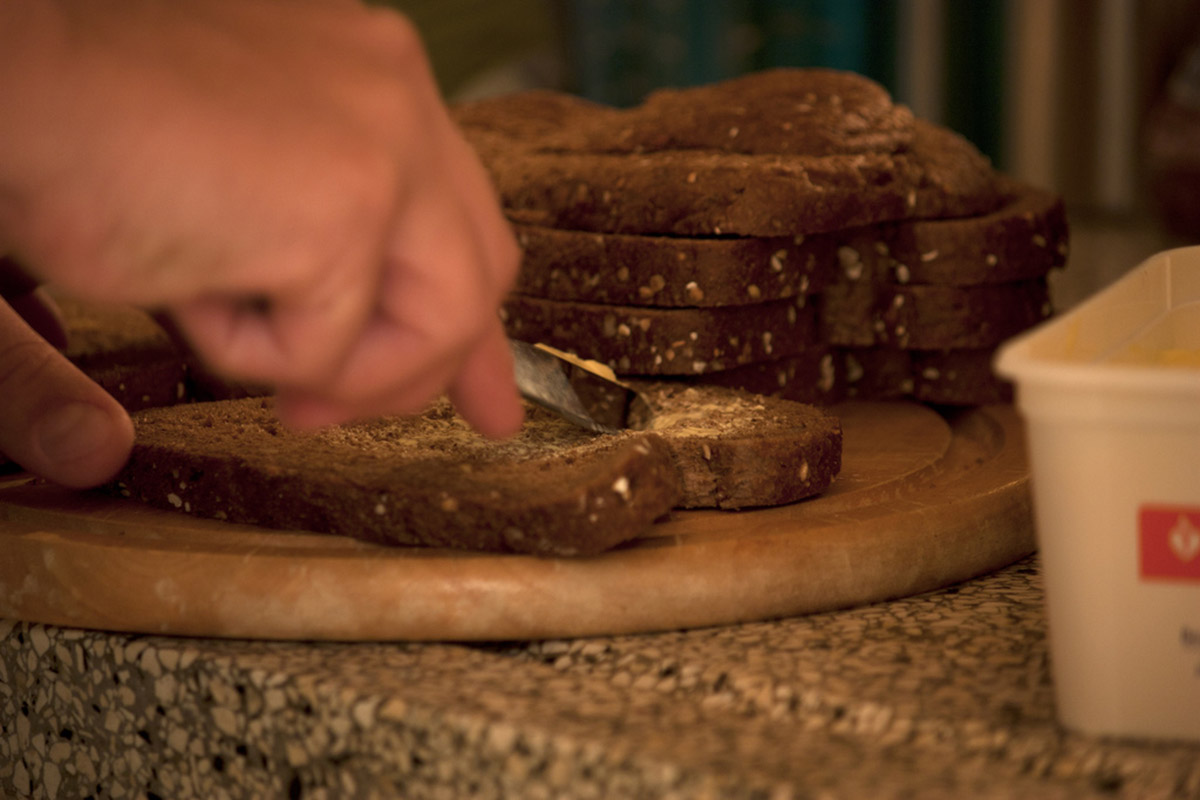Table of Contents
The increased metabolic rate as a result of fasting as listed above is one of the biggest benefits of skipping breakfast. In reality though, any metabolic change, be it a rise or fall, won’t really have much effect on overall progress for most people.

Look at it this way – your typical breakfast of cereals, milk, toast and juice probably contains around 600 calories. (You could also sub in a bagel with cream cheese, a pastry or two with a fruit salad, or even bacon and eggs on tost and get roughly the same calorific value, depending on quantity though.) Take that out of your day, and you’ve saved yourself 600 calories. That’s enough to drop over a pound in just one week.
You may be a bit hungrier and eat slightly more later in the day to compensate, but the chances that you’ll eat an extra 600 just from skipping breakfast is highly unlikely. And even if you did eat and extra 400, you’d still have a weekly calorie deficit of 1,400.
Going back to our typical breakfast example, we can see problem number two.
What most people have for breakfast – the cereals, juice, and toast combo – is incredibly high in carbs, low in protein and low in healthy fats and fibre. Even what many would consider a healthier breakfast of something like a wholegrain muffin, bowl of muesli or granola, or some fruit, isn’t too dissimilar in terms of macronutrients.
This high intake of fast digesting carbs can spike insulin levels, which may raise your energy and alertness for a little while, but within an hour or two, you’ll experience a crash, as your blood sugars dip again, leading you to reach for the nearest chocolate bar, cookie or sugary coffee.
What about weight loss
Long story short; skipping breakfast could HELP fat loss.
When it comes down to it, whether you eat breakfast or not doesn’t actually matter all that much. The key to getting results is to make sure you hit your total desired calorie intake each day.
See Also: Five Ways To Make A Healthy Breakfast
If you find that skipping breakfast makes you feel light headed, sick, or you get huge cravings, then carry on having your breakfast – just make sure it fits into your plan.
If, on the other hand, you don’t particularly enjoy eating breakfast, or find getting up early to make it a chore, you might want to try skipping it. Give yourself a few weeks to adjust, and see how you get on.
Drink plenty of water throughout the morning to stay hydrated. This can also help curb feelings of hunger. It's essential not to eat excessively at lunch or dinner to "make up" for the skipped meal. This can counteract the caloric deficit created by skipping breakfast.
- “Meal Frequency and Energy Balance”, By Lyle McDonald, November 18, 2008, http://www.bodyrecomposition.com/research-review/meal-frequency-and-energy-balance-research-review.html
- Photo courtesy of Ann Larie Valentine by Flickr : www.flickr.com/photos/sanfranannie/3367727945
- Photo courtesy of Kitty Terwolbeck by Flickr : www.flickr.com/photos/kittysfotos/6362776359


Your thoughts on this